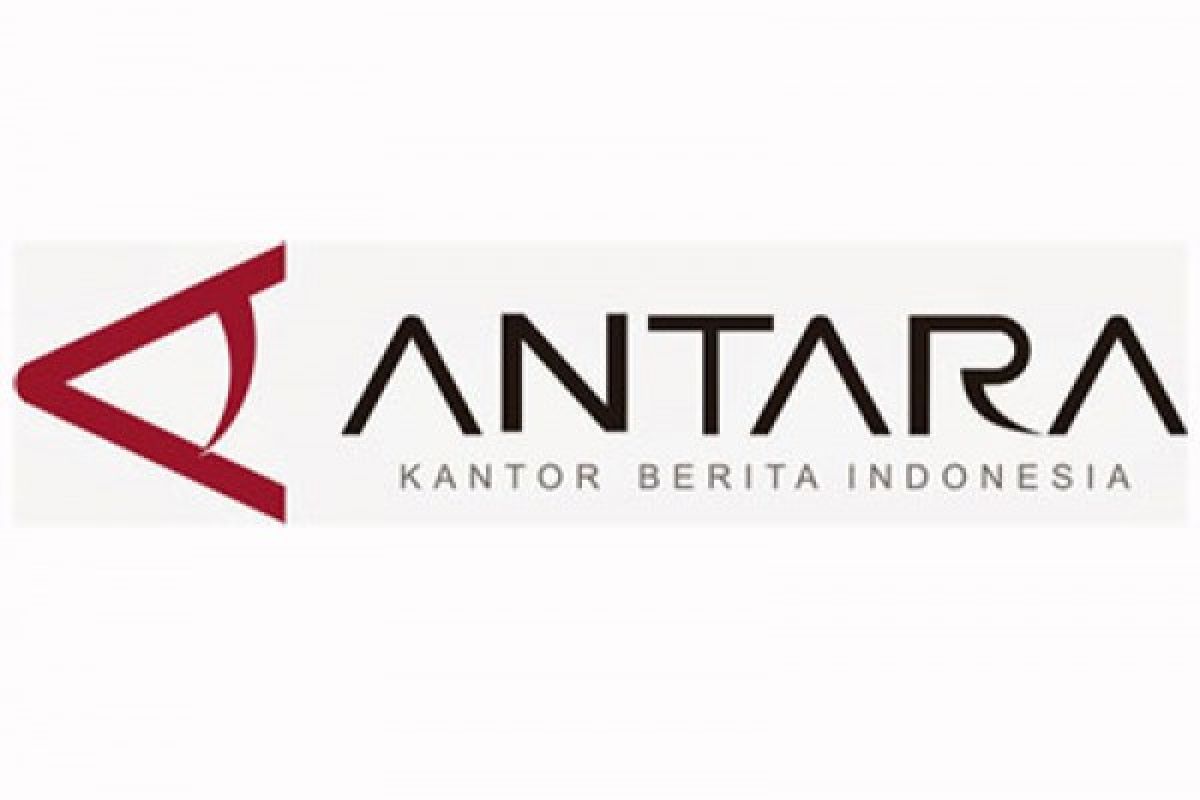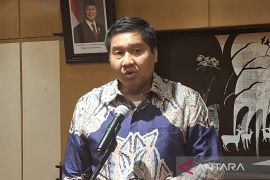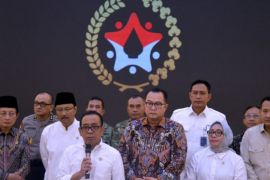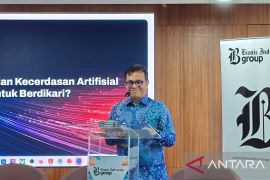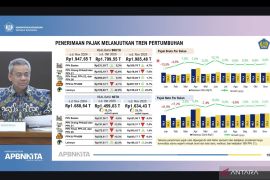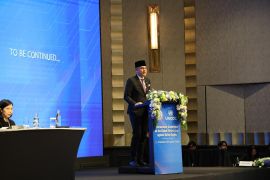"Indonesia`s policy of restricting imports proved to hurt the economy. If we want to increase exports, we must also be ready receive imports," chief researcher of Center of Indonesian Policy Studies (CIPS), Hizkia Respatiadi said here on Thursday.
Hizkia said Indonesia could not defend its policy of restricting imports of horticulture, animal products and derivatives facing protest of the United States and New Zealand in the World Trade Organization (WTO).
The United States and New Zealand have filed a protest with the WTO against the non tariff barrier imposed by Indonesia in 2011 and the WTO decided in favor of the two countries.
Hizkia said Indonesia already signed the General Agreement on Tariff and Trade (GATT) in 1994 that the member countries may not impose non tariff barriers in trade.
Earlier, the Central Bureau of Statistics (BPS) said that Indonesia`s imports rose 11.04 percent to US$14.19 billion in October 2017 from US$12.78 billion in the previous month.
BPS head Suhariyanto said that imports of oil and gas rose 13.96 percent to US$2.20 billion and imports of non oil/gas commodities increased 10.52 percent to US$11.99 billion in October, 2017.
"The increase was fairly high both in the imports of oil and gas , and non oil/gas commodities. Normally the increase is higher in November and December, similar to the trend in exports," Suhariyanto said here on Wednesday last week.
Among the non-oil and gas commodities, iron and steel were the highest in import growth in October 2017. Imports of iron and steel products rose 26.68 percent to US$182.9 million in October from September 2017.
Industrial basic material and auxiliary materials contributed 75.89 percent to the total import value, capital goods accounted for 15.29 percent and consumer goods for 8.82 percent of the total import value in October, 2017.
Cumulatively, Indonesia`s imports reached US$126.67 billion in the first 10 months of the year , up 14.95 percent from US$110.20 billion in the same period last year.
The largest supplier of non-oil/gas commodities into Indonesia in the first 10 months of 2017 was China from which imports were valued at US$27.98 billion or 26.12 percent of the total import value. The second largest supplier was Japan from which imports were valued at US$12.37 billion (11.55 percent), followed by Thailand from which imports were valued at US$7.64 billion . Imports of non-oil/gas commodities from all other ASEAN countries made up 20.50 percent of the country`s total imports and from the European Union accounted for 9.34 percent.
(T.SYS/B/H-ASG/A/O001)
Reporter: Antara
Editor: Heru Purwanto
Copyright © ANTARA 2017
